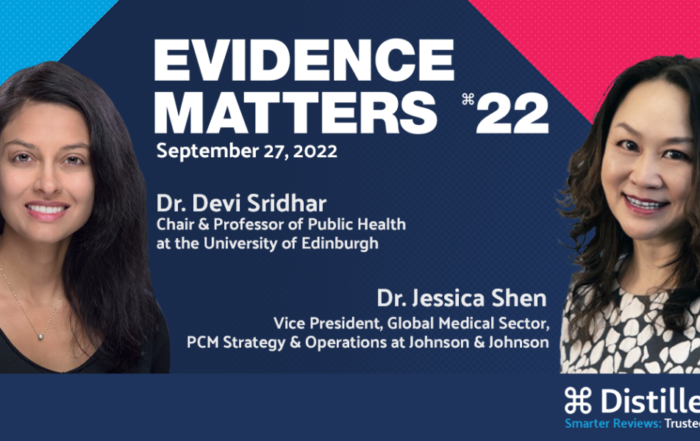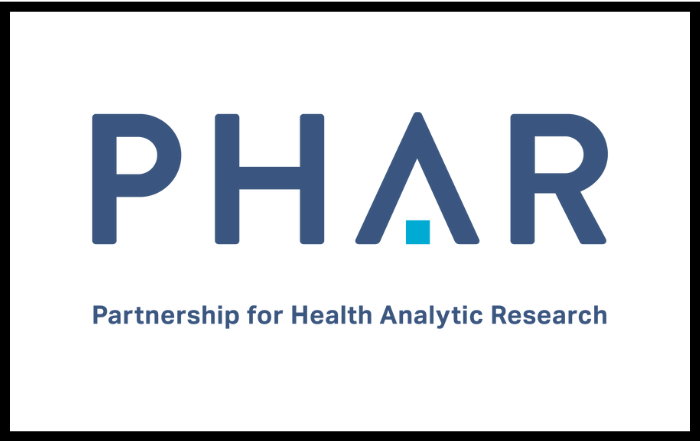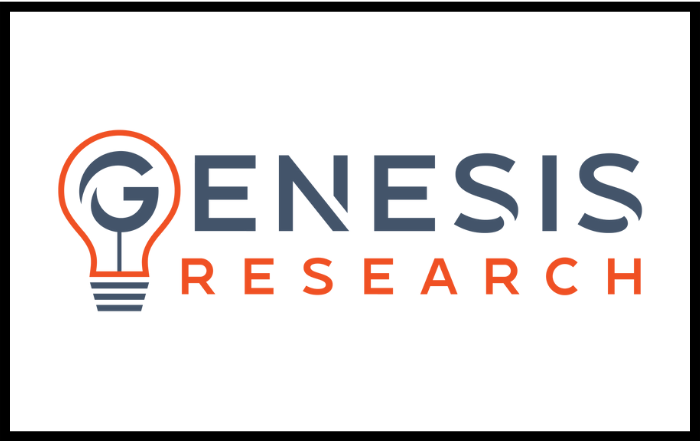The use of digital technologies is increasing in all areas of health care, from the use of electronic patient records, incorporation of digital technologies into patient care pathways, to the use of wearables to assess outcomes and/or deliver health care interventions in their own right.
Wearables have the potential for assessing outcomes in novel ways, in real time and over extended periods of time. They also have potential for demonstrating the value of drug products by generating more reliable outcomes data. For example, in the context of outcomes based agreements (OBAs) and payer re-evaluation of drug products, both require the generation of real world data to support reimbursement. The ability of payers and manufacturers to accurately track outcomes has been commonly cited as a barrier to adoption of outcomes based agreements. Wearables may offer a solution to both the efficiency and accuracy of tracking outcomes, facilitating wider implementation of OBAs and more effective drug product re-evaluation. There are also a number of challenges facing wearable and drug manufacturers, in particular the evolving payer evidence requirements for accepting digital outcomes generated from wearables.
In this webinar, we will look at:
- The issues facing the industry in the application of digital health technologies to capture real world data cost-effectively to support reimbursement strategies
- The measures payers are taking to evaluate wearables and the data they generate
- Payer perceptions of the value of wearables, the evolving digital environment and their evidence needs for adoption of these technologies, based on direct discussions with US and EU payers
We will also share case studies to demonstrate the value wearables can deliver when supporting drug product reimbursement.
Register today.
Click here for additional information and registration details.



